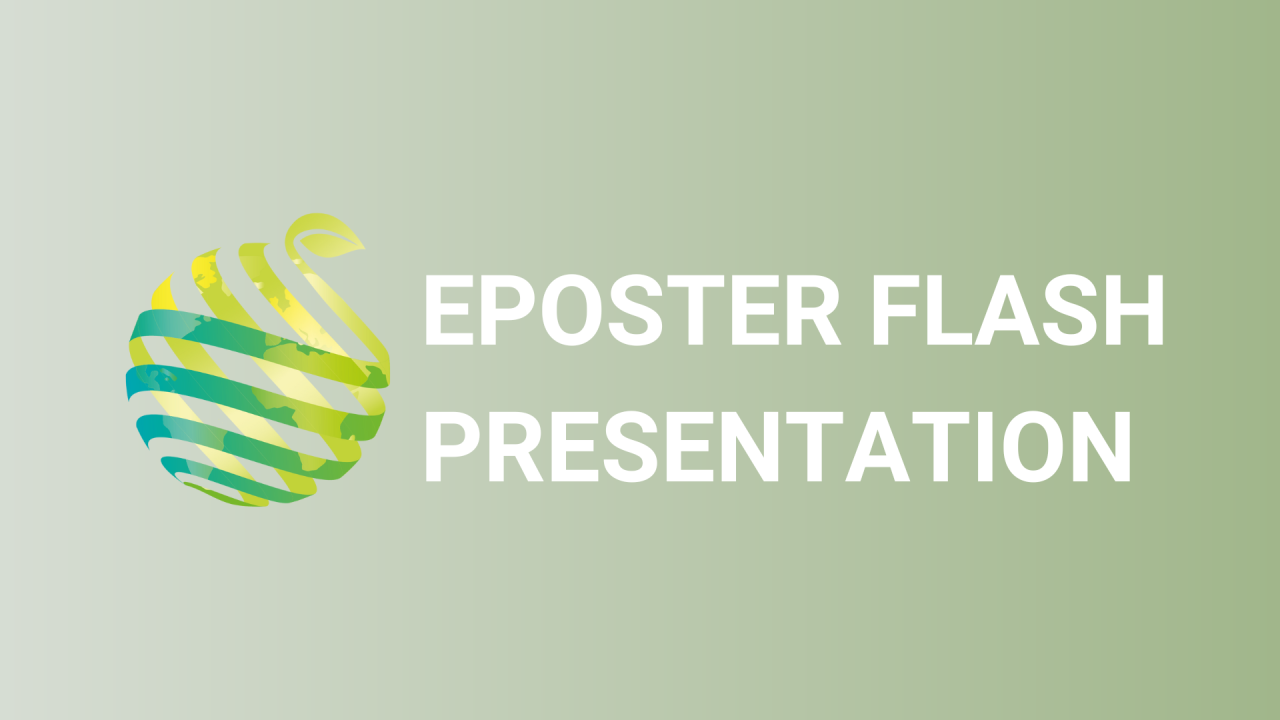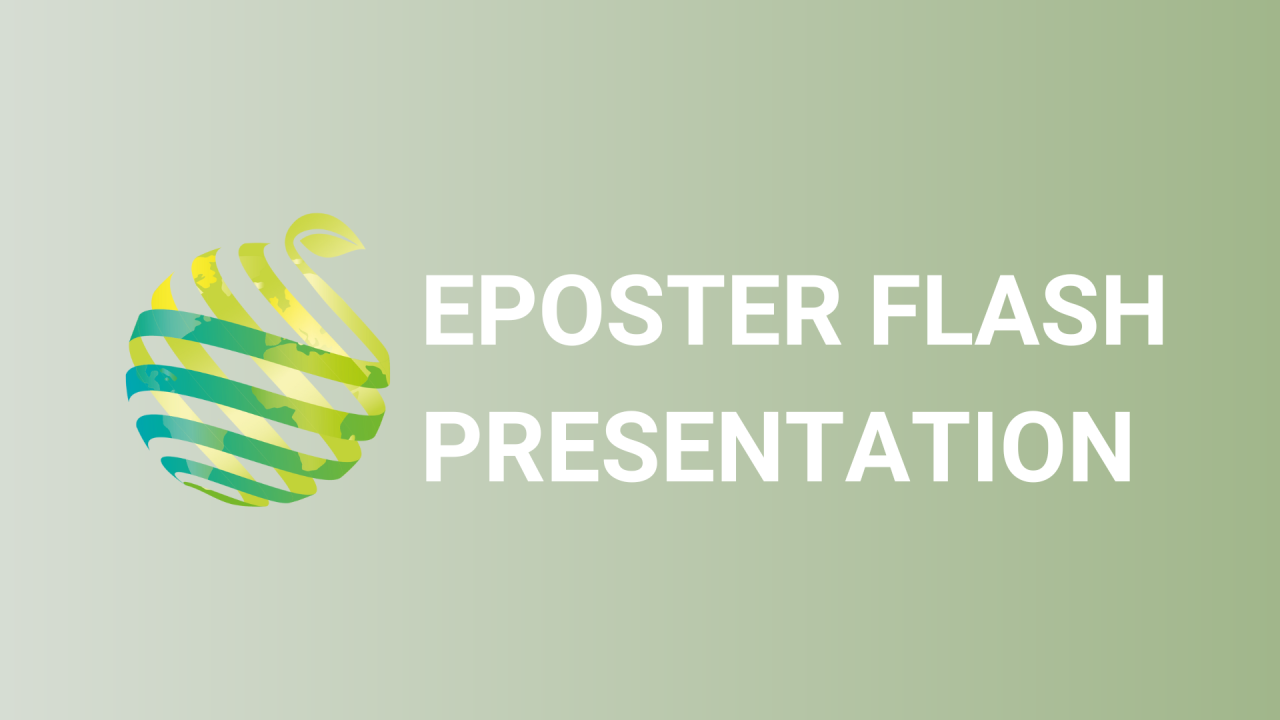

S08 - Session P6 - Methods and insights for assessing the environmental sustainability of vertical farming
Information
Authors: Michael Martin *
Urban-vertical farming systems in urban areas have emerged as a result of the need for more resilient food provisioning. These are often outlined to provide promising solutions to secure food supplies, produce more sustainable food, and reduce pressure on agricultural land by shifting food production to urban environments and buildings. While the literature in Europe and elsewhere is abundant with examples of employing vacant plots for urban gardening and rooftop greenhouses studies of urban-vertical farms are relatively new in the context of urban food supply, and thus it is an expanding subject of inquiry. Despite many claims of their benefits, little is known of the potential implications these systems have for environmental, social, and economic sustainability. Based on applied research with a number of producers in Sweden, this study highlights a developed methodology, important aspects, and key parameters to assess the environmental sustainability of vertical farms. Furthermore, insights from different scales and contexts using life cycle assessment methodology are highlighted. The results suggest that vertical farms are context-dependent. Important aspects related to this include the energy systems of the region of assessment, waste handling methods, logistics, growing media selection, and the importance of the functional unit employed. These insights are highlighted in the different 'phases' of the life cycle and the importance of their choice and influence on the results are examined. The results and knowledge from this study can be used in expanding knowledge on how to assess the environmental sustainability of vertical farms and provide insights to the industry to improve and validate claims for their promotion.